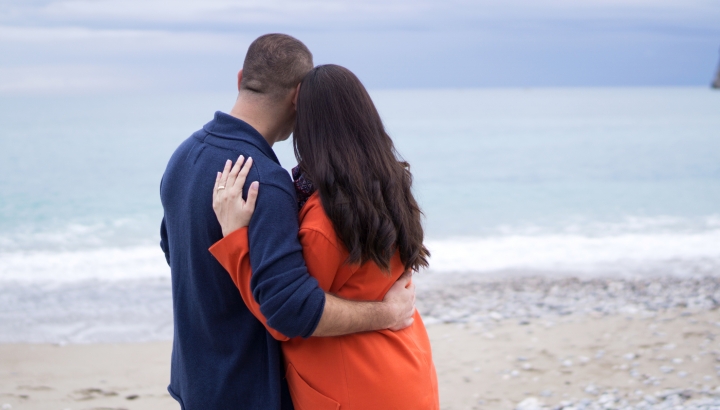Can Gratitude Help Couples Through Hard Times?

New research suggests that thanking our partners for supporting us through hardship may increase their joy and satisfaction in giving.
When my best friend went through multiple surgeries and dislocations following a botched hip replacement, she was in near-constant pain. Her husband rose to the challenge of caring for her, but it wasn’t always easy for him. Nor was it easy for my friend, who vacillated between gratitude and frustration over his care.
“I often had to ask for help, which didn’t feel great,” my friend told me. “I felt apologetic, but I didn’t have much choice. It’s hard to give, but it’s also hard to ask.”
Our close relationships are an important part of a meaningful life. But what happens when someone we love is sick or going through a very rough time, and we are called upon to be a helper over and over again?
Caretaking for someone can be a challenge, but it’s especially charged when their needs are frequent and long-term. A caregiver may feel obligated to help, but doing so may bring little joy or sense of meaning, making it hard to sustain. And it can be equally stressful for the receiver of care.
How can couples improve this dynamic? New research suggests that what motivates people to help is crucial—and that motivation is affected by both their interactions with the person they’re caring for and their life outside caregiving.
Why do you help?
Researchers who study motivation identify two basic types: autonomous or intrinsic motivation—when you do something because it brings you joy, satisfaction, or meaning—and controlled or extrinsic motivation—when you do something out of loyalty or because you’d feel guilty if you didn’t do it. Either way, you end up helping, but autonomous motivation feels better and leads to better outcomes.
In studies looking at caregiving situations like my friend’s, researchers found that caregivers who had more intrinsic motivation to help their sick partners felt happier, more satisfied with their relationship, and less distressed about caregiving, and were less prone to exhaustion, than those who helped out of a sense of duty. Interestingly, the partner being cared for also seemed to benefit: They were more satisfied with their relationship and, in some cases, felt greater pain relief.
Why would the internal motivations of helpers affect their partners? Sara Kindt, one of the coauthors of these studies, says it has to do with how motivation affects the caregivers’ responsiveness toward their partner. To read more from Jill Suttie, click here.
